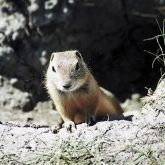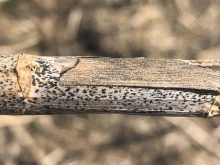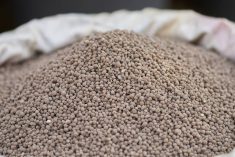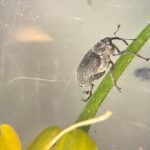A strain of canola that could save farmers millions of dollars per year in crop losses and insecticide costs has been developed in part by a University of Alberta researcher.
A canola seed bred to resist the cabbage seedpod weevil – a major threat to canola crops in Western Canada – has been developed by Lloyd Dosdall, a professor of agricultural entomology at the U of A, and a researcher at the University of Guelph.
The weevil, which devours seeds inside the pods of the plant, is an ongoing threat to production in southern Alberta and southern Saskatchewan and is spreading north and east at a rate of 50 kilometres per year. Annual crop losses and insecticide costs to protect against the pest reach into the millions of dollars, said Dosdall.
Read Also
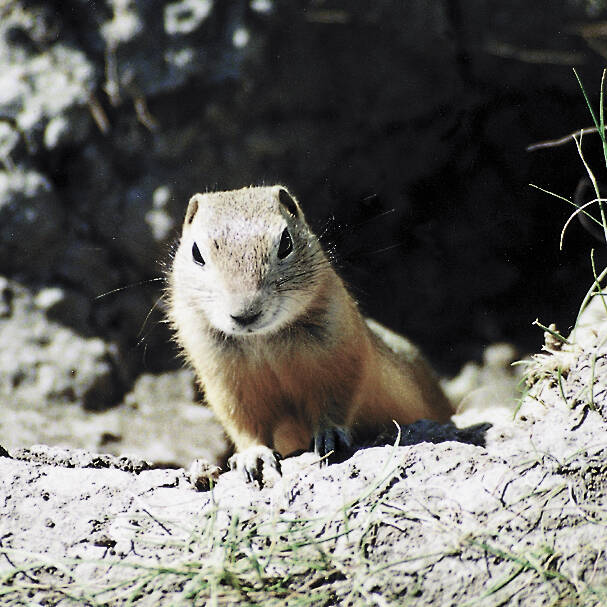
‘Devastating’: PMRA blocks Alberta’s joint emergency strychnine bid
Agency rules proposed mitigation measures insufficient to lower environmental risk, despite growing Richardson’s ground squirrel population.
To develop a seed that could withstand the weevil, Dosdall and his colleague developed a hybrid using the white mustard plant, which has natural resistance to the pest, and is a close cousin to canola. “The result is a canola plant that maintains its quality and vigour, and now has the genetic ability to resist the weevil,” he says.
The discovery will allow farmers to ease the use of pesticide on their canola, and may prevent crop losses by as much as 25 per cent, Dosdall says.
The new strain of canola is expected to be commercially available to farmers by 2010.


